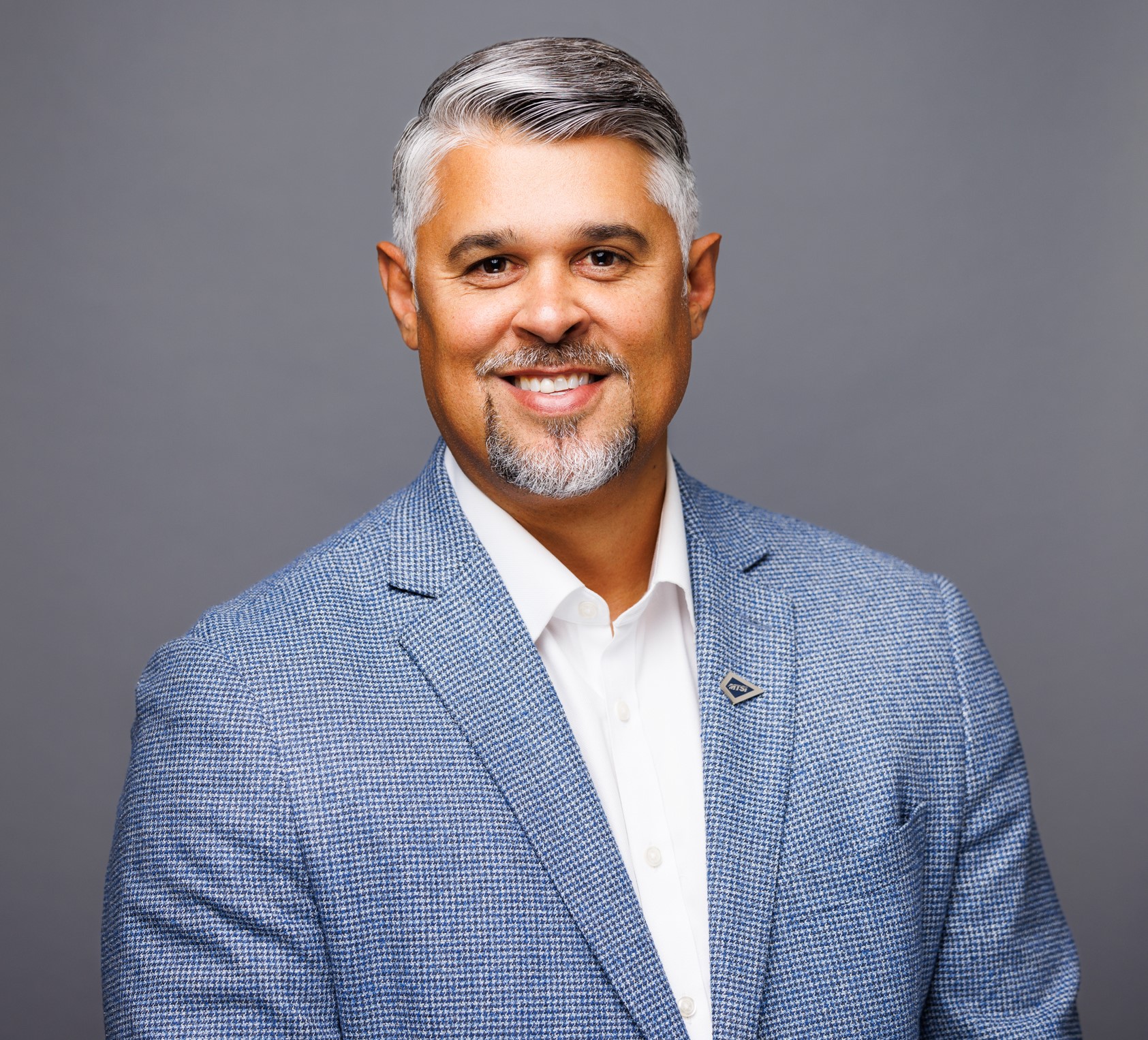
Mark Sincevich
Federal Director
Illumio
Illumio’s Mark Sincevich Talks Career History, Leadership Approach & More
With over two decades of experience in the government contracting industry, Mark Sincevich has driven federal business growth at a number of organizations. In his current role as federal director of Illumio, Sincevich has secured multiple award wins and set a foundation for further company expansion.
Recently, Sincevich spoke with the Potomac Officers Club about his career background, leadership style and what he has learned throughout his extensive career in the federal market.
Read the full interview below.
What can you tell us about your background and how you’ve been able to adapt to the ever-changing challenges of the federal landscape over the course of your career?
Federal is probably the most challenging sector – it is usually “hurry up and wait.” I have been working in the federal market for over 25 years. I do my best to have low to no expectations so that anything positive is an upside. I am certainly optimistic, but I don’t get over my skis in understanding how the government works and how they buy technology – it’s a 2-3 year sales cycle when you are starting from scratch. I also have to really believe in the technology I am selling and know that it will help the warfighter.
What do you believe are your core strengths as a leader and what lessons taught you the most about driving success?
I believe being humble is the most important aspect of leadership. I ask everyone on my team on a regular basis how I can help them out, support them and to be of service to them. I believe that if I can truly help them out, they will do their best to perform. Also, I am a staunch advocate for work-life balance. This means having structured workdays, not working nights and weekends and taking plenty of vacation time with my family each year. When I am on vacation I do not answer emails or return phone calls, which allows me to properly recharge and be rested for my return to work. Lastly, I believe in the mission. I currently sell cybersecurity software that stops attacks from spreading and becoming cyber disasters. This is massively important for the warfighter and for our country. If I didn’t believe in this, I couldn’t do a good job.
If your career came to an end tomorrow, what would you say have been the most significant accomplishments of your career? Where do you feel you made the most impact?
Early in my career, it was about achieving the best sales for a particular product. I still feel that achieving sales excellence is very important, however, I have come to realize that it is the quality of relationships that is ultimately the most important. You cannot achieve things by yourself – it takes a solid team working together in the same direction. If I can help others be better and carve out a quality personal life at the same time, then I have been successful. One of my sales engineers said that I was the first federal director that didn’t call him while he was on vacation. I would never think to do this!
How would you advise someone entering our industry to build their resume and advance their careers to be in the best position in the years to come?
Personally, I think having military experience is very important. It gives folks a leg up on those that don’t have this experience. I recommend working part-time while in school to get solid experience, being well read and taking health and nutrition seriously. If you don’t have top health and nutrition, you will not be able to perform at your best. Also, get involved part-time in related activities. I have been a member of AFCEA for many years, and now, I am a member of the Potomac Officers Club and also serve as the cyber education officer for my Civil Air Patrol squadron.
If you were given free rein to enact changes in the federal landscape, what are the first three changes you would implement and why?
Procurement reform right off of the bat! Our federal procurement is broken. Why does it take 2-3 years to purchase something deemed mission-critical for the military when they need it today? We can provide weapons to our allies fighting a war today, but it takes 2-3 years to get cybersecurity software. Next, I would revamp the classification process. This includes documents and how people get them. Oftentimes, things are overclassified when they do not need to be, which adds unnecessary delays. Third, I would fast-track the authority to operate certification process. There should be a streamlined process to get mission-critical software into production environments. The Department of the Air Force started this with PlatformONE and this should be expanded. It shouldn’t take 18-24 months to go through the various approval processes.

Category: Member News




